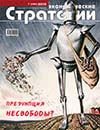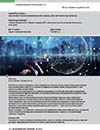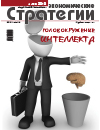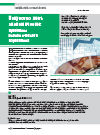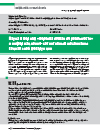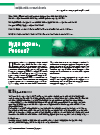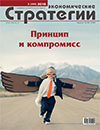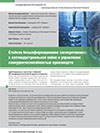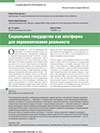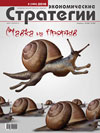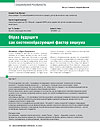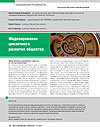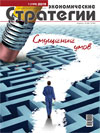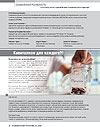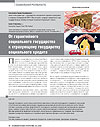Management of Superposition in Information-Cognitive Processes (Invariance of Methods of Destruction of Society)
DOI: 10.33917/es-7.165.2019.124-133
The second part of the work analyzes new information-semantic methods of social destruction, which have a higher level of complexity in relation to traditional forms: hot, cold wars, as well as various forms of hybrid wars. The difference between wars of a new kind is in the management of information and cognitive processes: in the formation of the so-called superposition with the help of a global digital platform: programming the perception and evaluation of a social event. The use of new methods of destruction blocks the processes of regulation of social systems, disorganizes the work of institutional structures, acting as an organizational weapon. The danger of war of superpositions as “war of schr dinger” is almost infinite variability of sophisticated methods of destruction, their stealth and high efficiency achieved by imposing the external contour of information management, as well as the use of the specifics of shimmering subjectivity — when objects and subjects of war are constantly changing places. The authors postulate that the tactical and strategic counteraction in the war of superpositions can be organized only on the basis of scientific methodology, which has an appropriate level of complexity, that is, on the platform of the social state


